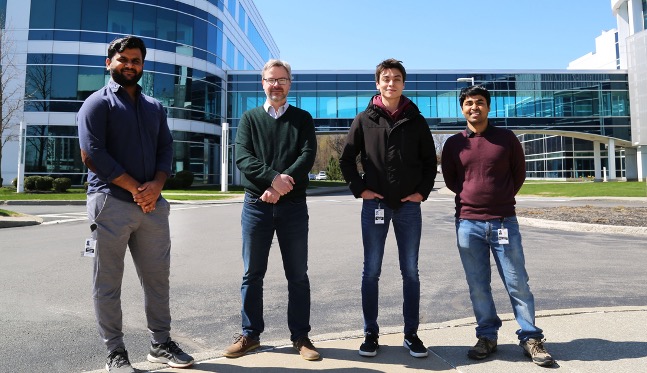Laboratory of Redox Biology and Signal Transduction
Cells have evolved ways of responding to complex cues from their environment. My research group explores how these cues are integrated and controlled within cells. More precisely, our work focuses on how redox modification of proteins, in particular protein tyrosine phosphatases (PTPs), influence phosphorylation-dependent signal transduction in biology and pathologies. We tackle this fundamental aspect of cell signaling using complementary approaches that broadly fall into two categories. In our first approach, we employ animal and cellular models jointly with screening methods to gain knowledge from complex systems to identify components that are dysregulated in disease states. In our second approach, we build on knowledge acquired from both the literature and our own work to perform structure-function studies. Such studies help us understand how redox post-translational modifications of specific proteins cause structural changes that will in turn affect their enzymatic activity, protein-protein interactions and cellular function. Hence, while deciphering redox-regulated signaling networks and identifying unique signaling nodes is an important first step in understanding a disease state, our structure-function approach generates critical mechanistic insight that allows us to target signaling nodes in complex pathologies. Overall, we study how cellular oxidants regulate phosphorylation-dependent signaling in cancer and in cardiovascular pathologies with the ultimate goal of developing strategies and technologies to restore physiological response.


